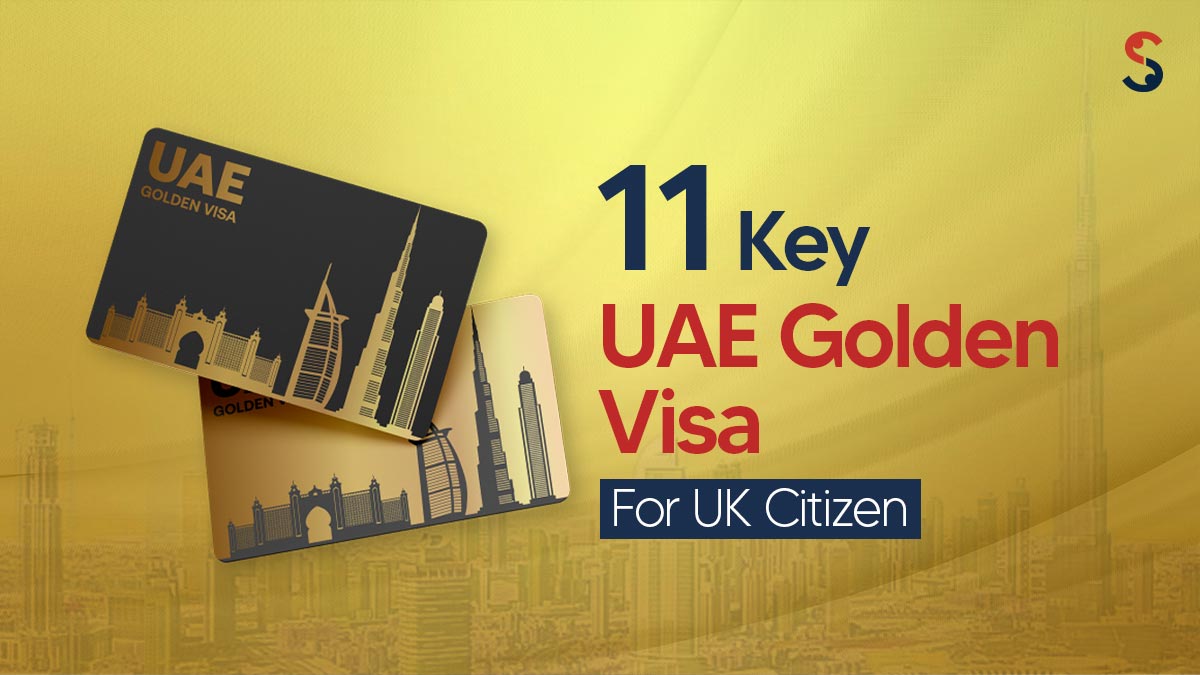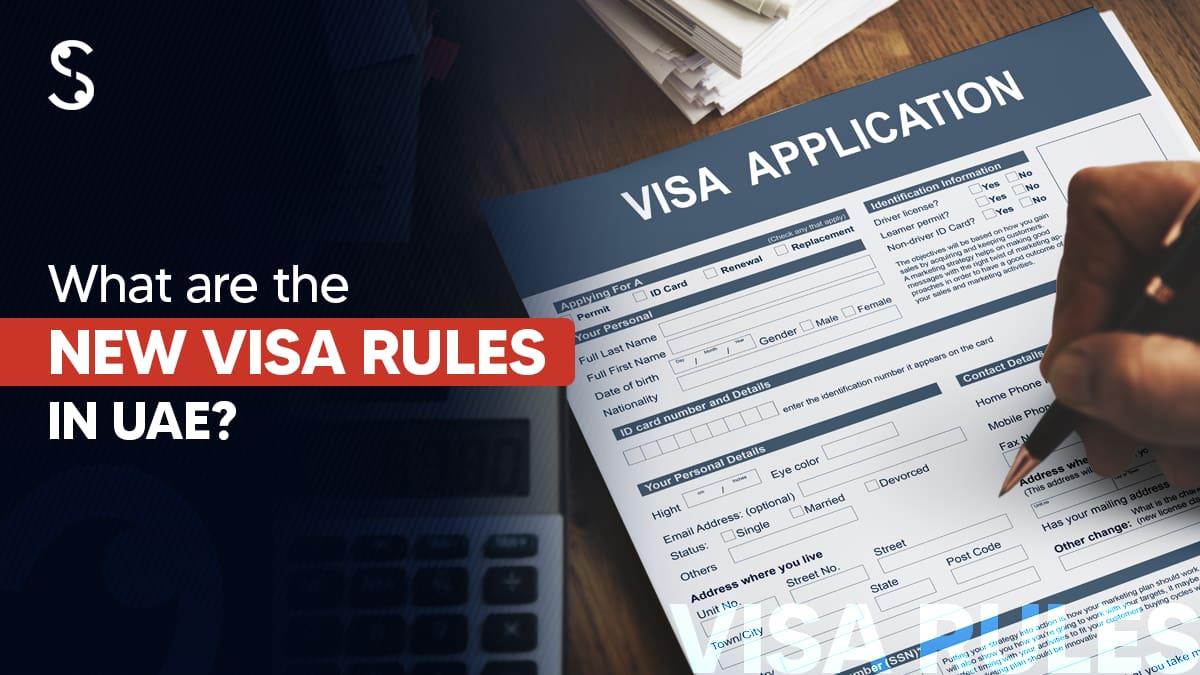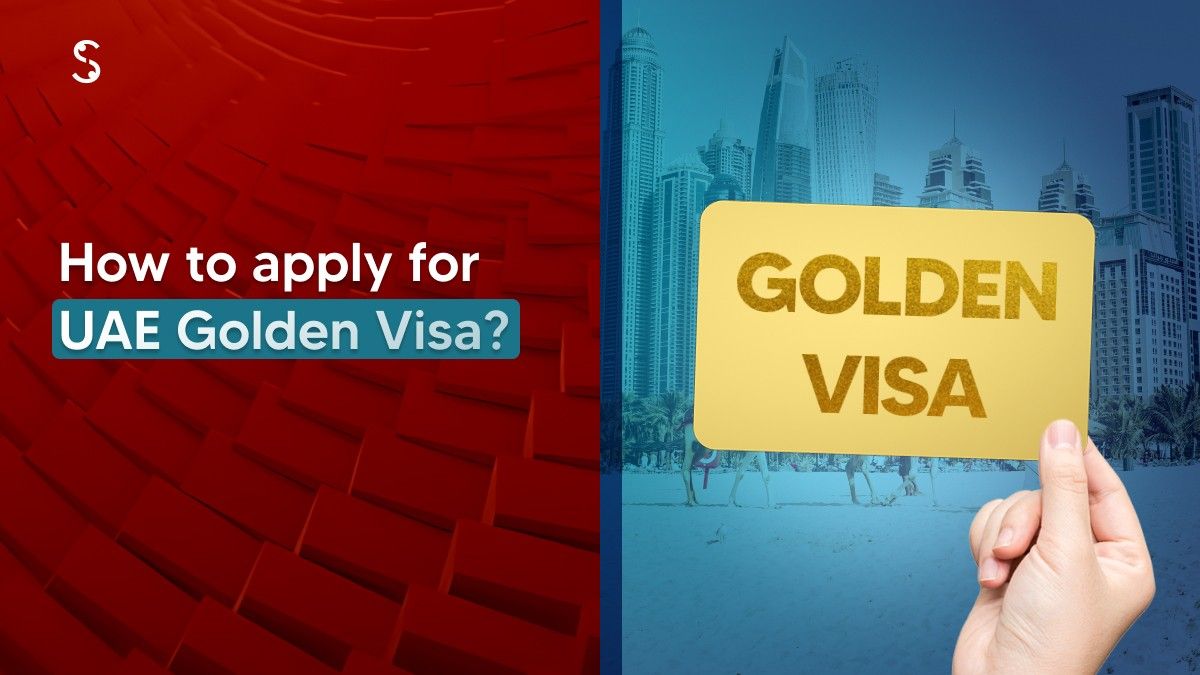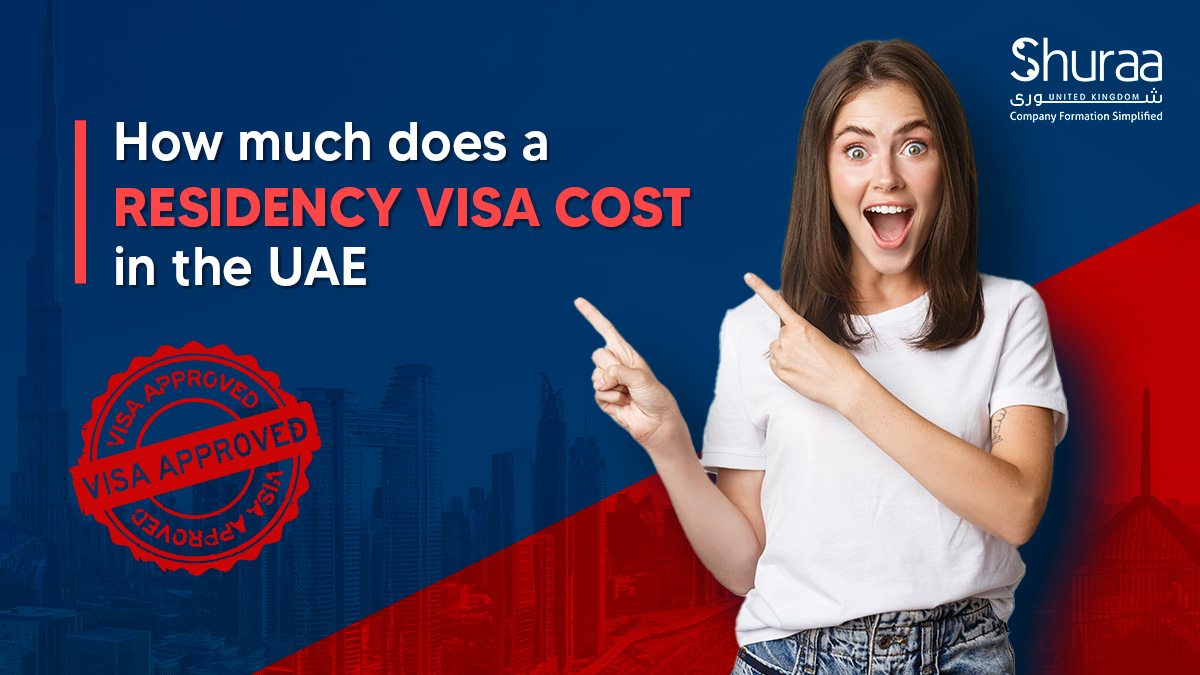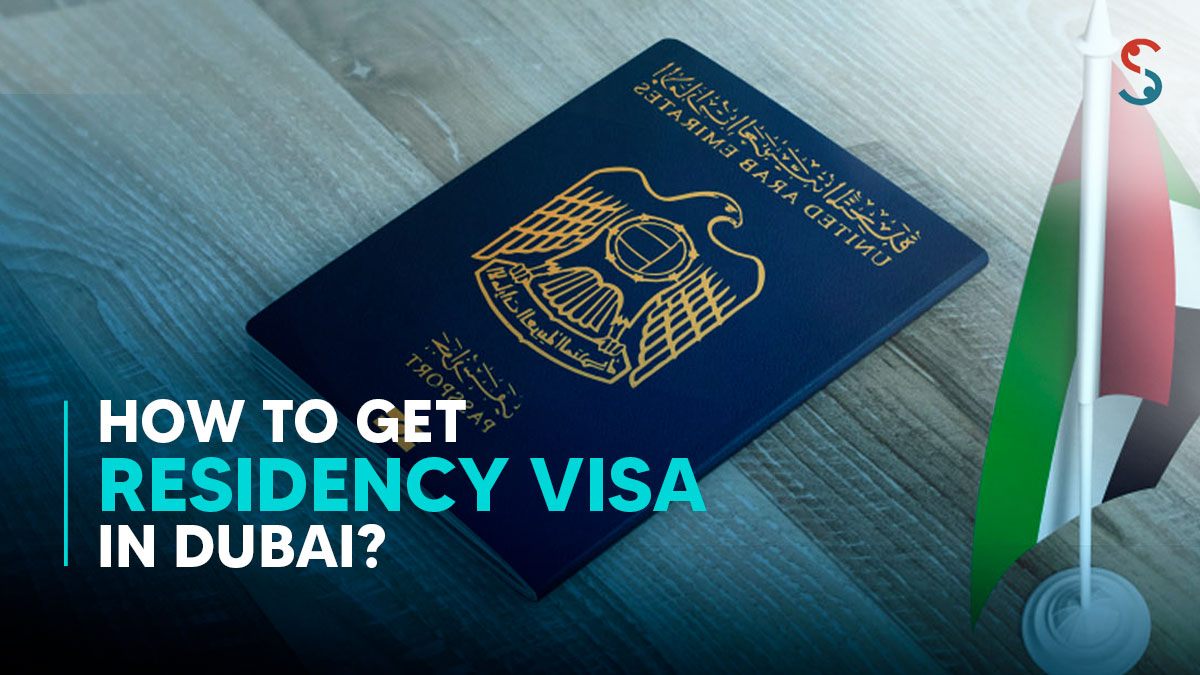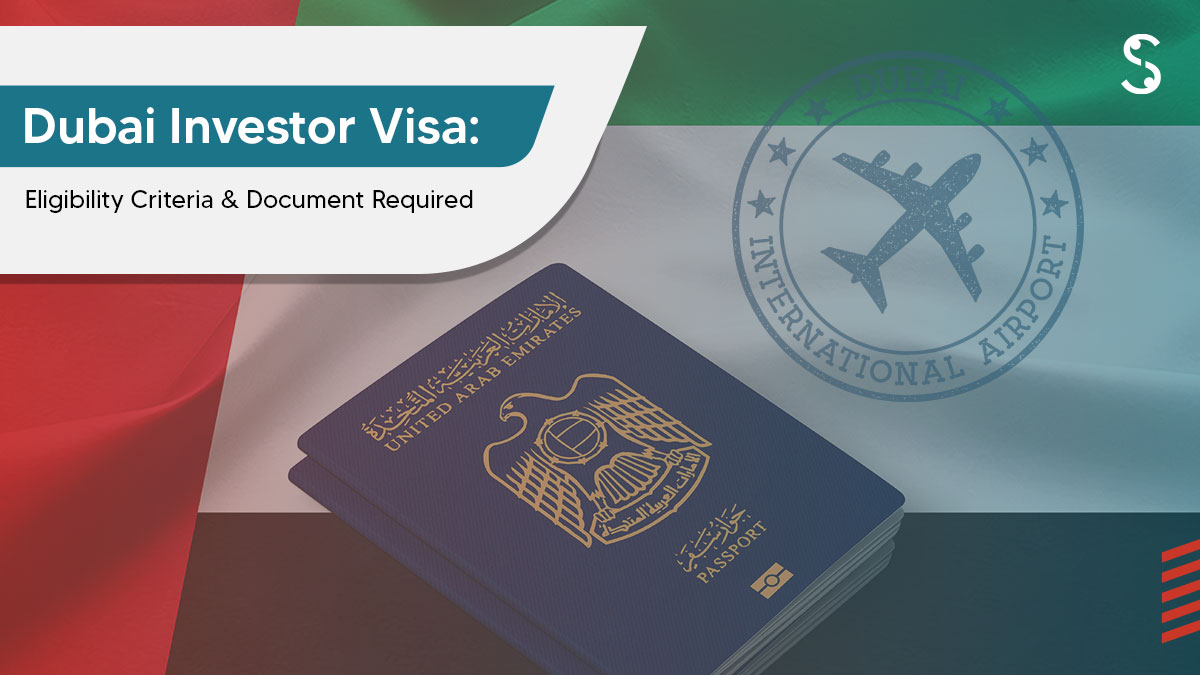How to Get a UAE Golden Visa for Doctors?
The UAE Golden Visa for doctors is a prestigious long-term residency program designed to attract and retain top medical talent in the Emirates. Launched as part of the country’s vision to become a global hub for innovation and excellence, the Golden Visa allows qualified professionals to live, work, and invest in the UAE without the […]


